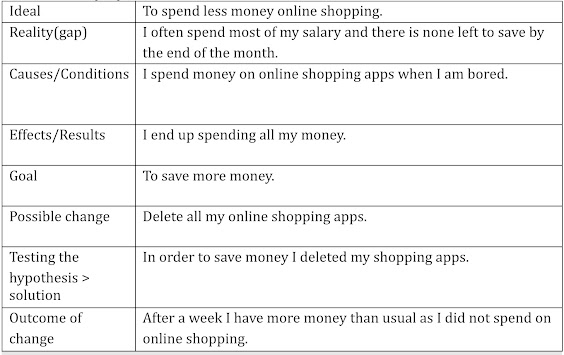Research Pathway
One reason why we chose Python is that it is very versatile. In our previous module, Civil Engineering Skills, we used Python for a variety of civil engineering applications. Its versatility allows it to do tasks for different specialties from structural analysis to project management. Python is also very efficient. It has an extensive library and framework that can easily enhance productivity. It can be programmed to do repetitive tasks, handle large datasets, and perform complex calculations, significantly simplifying and streamlining manual calculations that are traditionally time-intensive and prone to error. Additionally, Python is open-source and has a strong global community which ensures continuous development and support. This easy accessibility allows just anyone, including civil engineers to leverage Python to enhance their work. By focusing on Python in civil engineering, we aim to highlight how the integration of technology and civil engineering practices can p...
